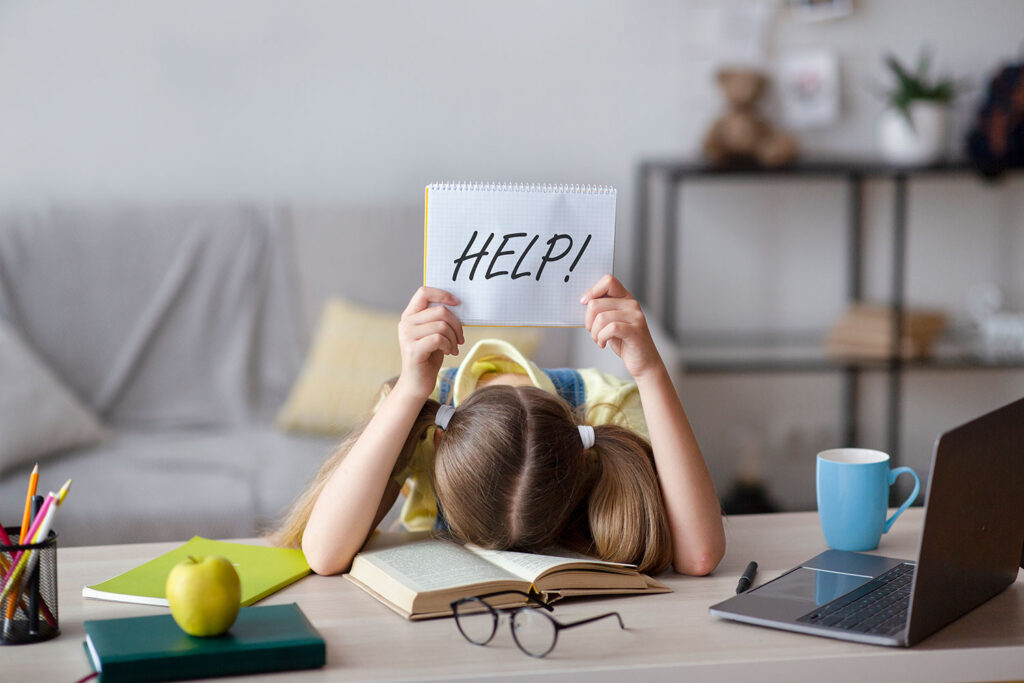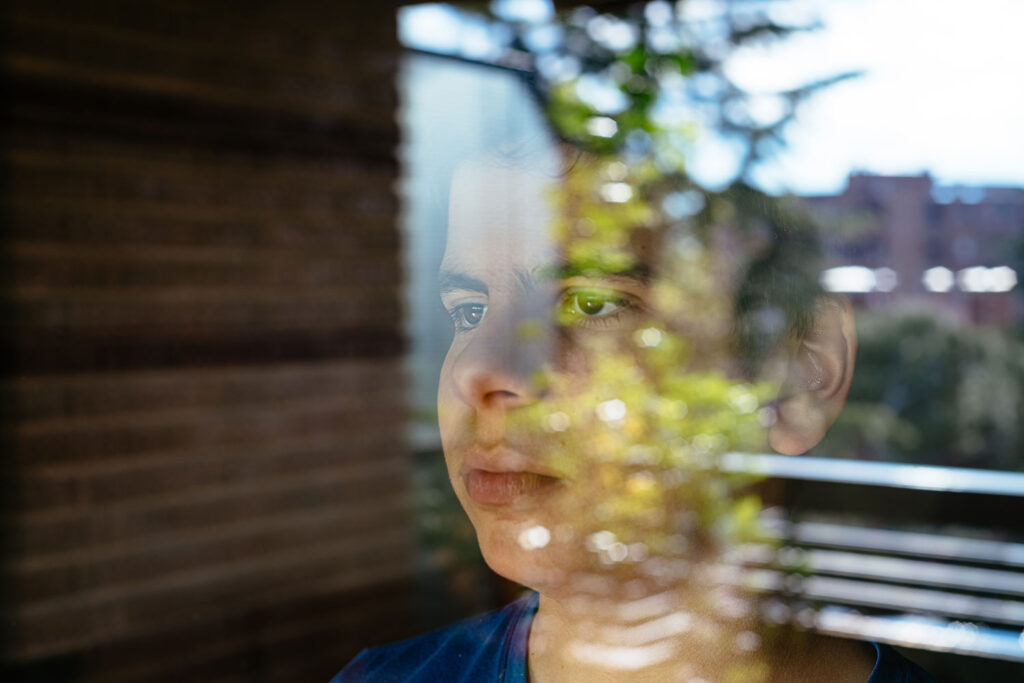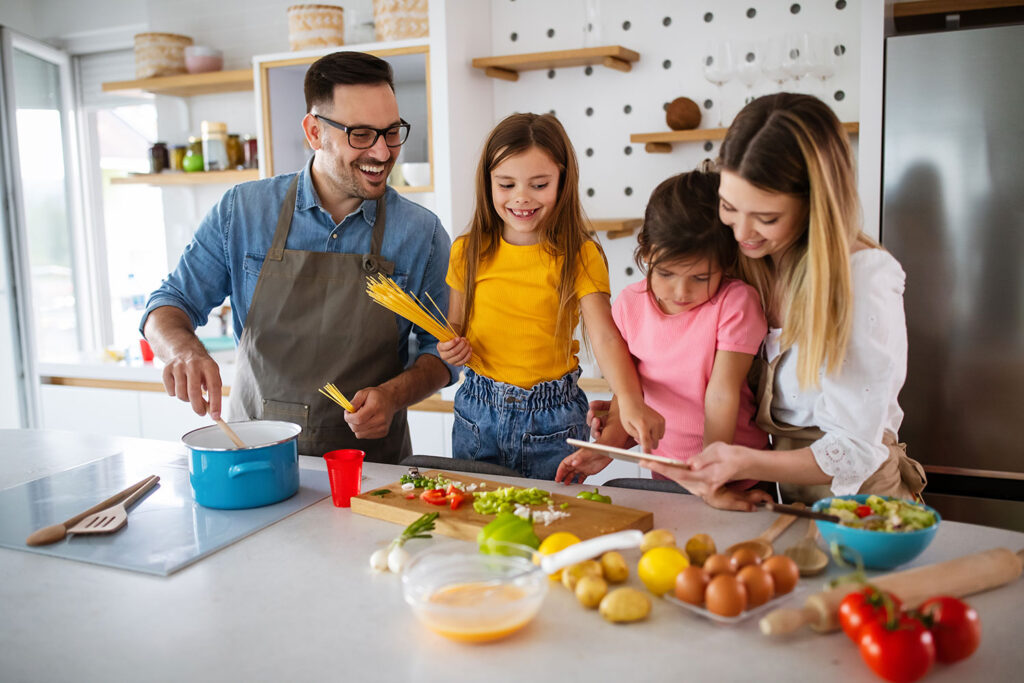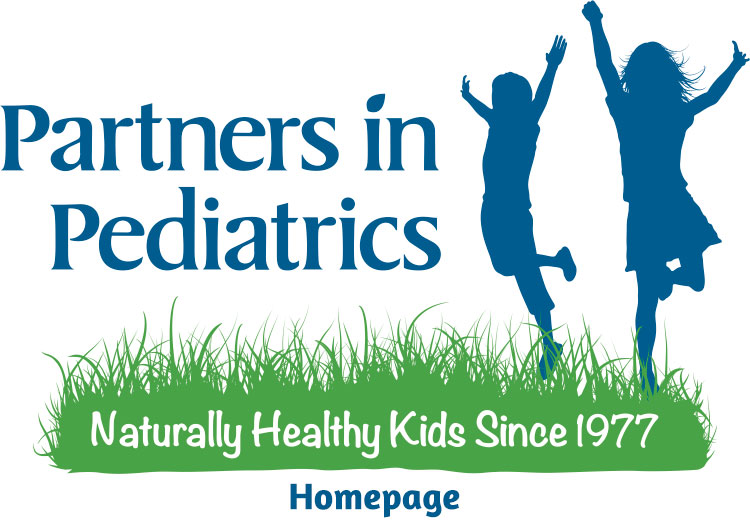The past year has been extremely challenging for so much of the world, and Denver has been no exception. Our lives have been disrupted and so many of us have faced tremendous external – and internal – challenges. This applies not only to working adults (and retired/elderly ones), but also to our children. Really, in some sense, no one has been spared. Political tensions in the United States (and other countries) have been high, many of us have been inundated with increasingly sensational and fear-driven media messaging, and many aspects of our lives have become ungrounded.
Many of us have experienced tremendous isolation and subsequent loneliness, and we have seen unprecedented amounts of hopelessness in children. As school has been disrupted and so many children have been unable to see their friends and family as they normally would, many have suffered from profound loneliness and mental health issues. Children also absorb adults’ emotions and stress, so as parents have gone through their own tumult, children have paid a price, as well. In a sense, it is a reminder that we are all interconnected, and that as we care ourselves and for those closest to us, we have a positive impact on the world around us, as well.
As we have become concerned with our own issues: possible job insecurity, financial issues, political strife, loneliness, COVID, and so forth, it can be all too easy to grow distracted from minding our children’s mental health. But it is vitally important that we look after our children’s mental and emotional health, as well as our own. We at Partners In Pediatrics, as integrative pediatricians, have seen a troubling amount of children fighting terrible depression and anxiety, and wanted to offer a few tips to help families manage mental health care for their children and the parents themselves, as we continue to cope with the COVID-19 pandemic in the Mile High City, Colorado and elsewhere.

What Are Simple Things I Can Do To Help Maintain Good Mental Health For My Kids & Family?
Oftentimes, simple solutions are the most effective. Let’s take a look at some of the simple things families can do to take a holistic approach to improving and maintaining their child’s mental health.
- Establish a routine. Establishing a routine for you and your kids is always helpful; the consistency of a routine can be a surprisingly soothing and healthy thing for people of all ages. Having a consistent bedtime, waking time, meal times and times for learning and spontaneity can help give a significant boost to your child’s mental health – and your own.
- Get outdoors consistently. Fortunately, we live near the Rocky Mountains, and downtown Denver and the Denver metro area aren’t too shabby, either! Getting your kids outdoors is one of the best things you can do for them. Sunshine and physical activity are essential for children’s wellbeing; simply getting outdoors is one of the best holistic treatments you can provide for your kid! So whether you can go hiking in a more rugged area of Littleton or just want to pop over to City Park or ride a bike along the Cherry Creek trail, the outdoors are always a superb form of homegrown “pediatric care”.
- Exercise regularly. As we mentioned, regular exercise is important for people of all ages – including children. If you can’t get outdoors, try doing an exercise routine indoors. There are tons of options for indoor exercise that is safe for kids, ranging from calisthenics to dancing to yoga to fun games that may endanger your furniture. Physical activity is vitally important, and is a tremendous boon for mental health and mood.
- Manage stress with proven integrative methods. Be sure to take a look at the “Stress” chapter in our Partners In Pediatrics health guide, Naturally Healthy Kids. We offer a number of integrative options that are safe for your child to try. Aromatherapy, Rescue Remedy, breathing exercises, and mental imagery can help provide periods of relief. There is tremendous power in not just recognizing one has stress, but in knowing one has options to treat those feelings. That’s a powerful and life-long lesson for our children that you and we can help to share.
- Eat healthy foods. Diet, as always, is vitally important for mental health. As we grow older, we tend to become more aware of how much our diet impacts our mood, and we may observe this in our kids. Making sure that your kids get plenty of fruits and vegetables, avoid an excess of refined sugar and don’t overload on fats is great for your children’s overall wellbeing, and is part of both “integrative medicine” and “conventional medicine” 101. A good diet is a superb foundation for a good life for any child.
- Connect with friends & loved ones. One of the hardest parts of the past year for so many kids (and adults!) has been the isolation from loved ones. Since contact with others is essential for children’s (and adults’) wellness, it is important to find ways to maintain this sense of contact. Virtual chats, safe in-person get-togethers, emailing and so forth are important to help maintain our children’s mental health. Try asking your kids what makes them feel connected to others.

Looking Ahead: The Coming Months
As we rapidly approach spring (can you believe we “spring forward” in under two weeks?) – with summer not too far behind – we naturally begin to look forward to the coming months. The COVID vaccine is being distributed widely, and there is a growing sense of hope for the not-too-distant future. As children return to school and our lives return to something more closely resembling “normal”, it is important for us to maintain a positive attitude and help model optimism and patience for our children. If we spend our time despairing and expressing pessimism and anger, our children are taught that that is the way they should think and behave. One thing we’ve learned over the years as holistic pediatricians is that children are sponges, and their parents are their greatest teachers and role models.
Accepting Challenging Emotions
Of course, no one is perfect, and we all feel pessimism, anger and other challenging emotions at times. To help our children feel whole, it helps if we feel whole ourselves – and at times, that can mean acknowledging our own challenging feelings. Many mental health issues stem from an attempt to deny or repress “negative” or challenging feelings, rather than embrace them and accept them as normal. The past year has been hard for basically everybody; it isn’t honest or helpful to try to pretend that everything is always perfect, no matter what (heck, things aren’t perfect in the best of times!). It is important to also normalize the expression of so-called “negative” emotions in a constructive way, so that they don’t build up in an unhealthy way and turn to anxiety and depression.
But at the end of the day, this need not run counter to displaying optimism and a positive outlook. A person of any age can feel sad but still be optimistic and contented. It is important to model this for our children; as we strike balance within ourselves, it will teach them to do the same.

We Are Here To Support Your Children’s Mental Health
We at Partners In Pediatrics are always here for you and your children, and as integrative pediatric providers, we do not focus solely on physical health. Mental health is an essential component of the full health picture of any person of any age, and this is certainly very true for children. Well care visits and telehealth visits can be very helpful ways to discuss any specific mental health concerns, or simply check in to see how your child is feeling and doing. So if your child seems anxious, depressed, withdrawn or unhappy, please don’t hesitate to get in touch with us so we can get them the help they need.
At Partners In Pediatrics, we’re always here for you and your wonderful children! Stay safe out there!



Leave a Reply